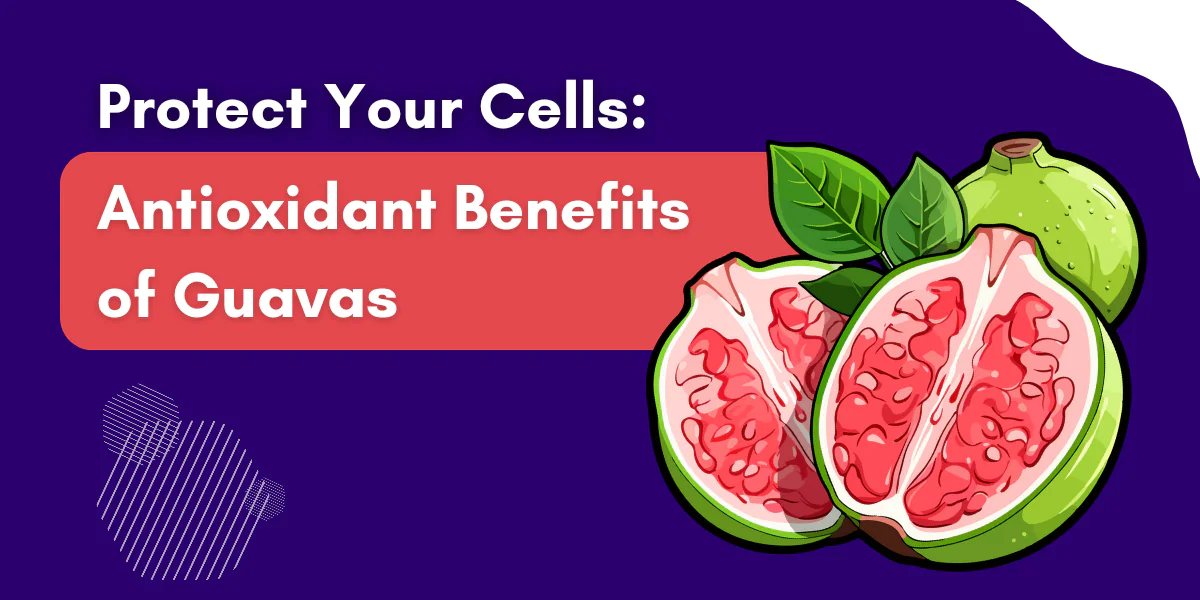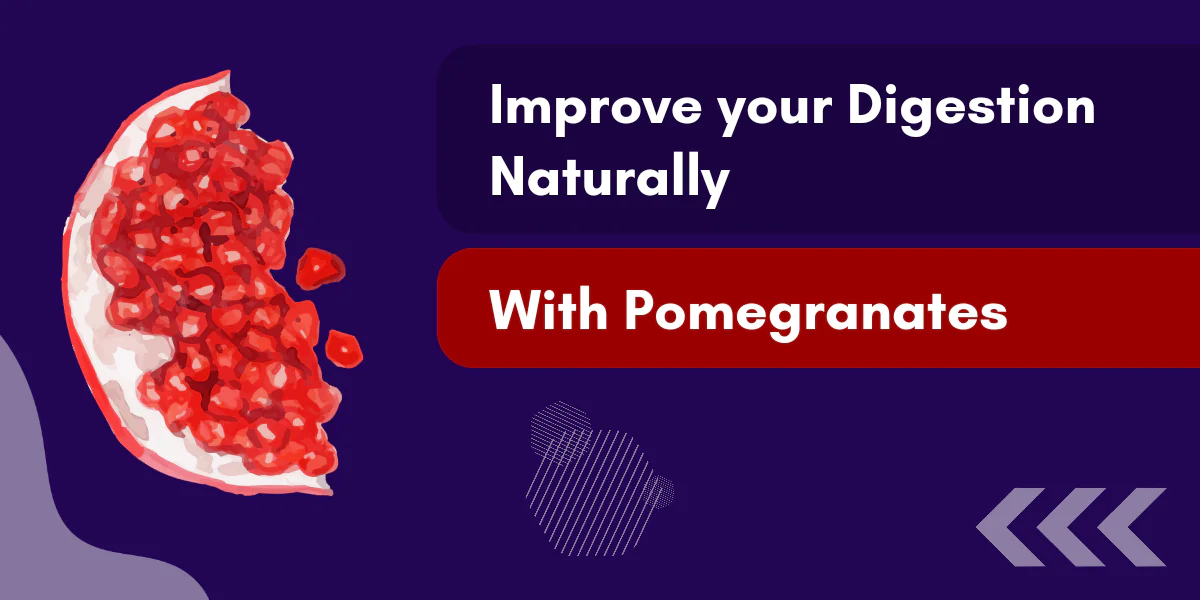For many Indians, paneer is more than just a food item; it’s a staple ingredient found in dishes from palak paneer to paneer tikka. But beyond its delicious taste, paneer is packed with nutrients that can support your health in numerous ways. Whether you’re vegetarian or simply looking for healthier protein sources, paneer offers a wealth of benefits.
Let’s explore seven nutritional benefits of including paneer in your diet and how it can contribute to overall health.
1. High-Quality Protein Source
Protein is essential for muscle repair, growth, and overall body function. Paneer, made from curdled milk, provides a high-quality protein source. Just 100 grams of paneer contains around 18 grams of protein, making it an excellent choice for vegetarians and anyone looking to meet their daily protein needs.
Why Protein Matters:
- Helps in muscle building and repair.
- Supports immune function.
- Keeps you fuller for longer, aiding in weight management.
Since many Indians struggle to meet daily protein intake (with an average intake of only 47 grams per day as opposed to the recommended 60 grams), paneer can be a convenient way to close this gap, especially for vegetarians.
2. Rich in Calcium for Bone Health
Calcium is crucial for strong bones and teeth, and paneer is loaded with it. A 100-gram serving of paneer provides about 200 mg of calcium, supporting bone density and reducing the risk of osteoporosis, especially among women and elderly individuals.
Benefits of Calcium:
- Strengthens bones and teeth.
- Helps in proper nerve and muscle function.
- Reduces the risk of fractures and osteoporosis over time.
In a country where calcium deficiency affects approximately 1 in 3 individuals, adding paneer to your diet can make a significant difference.
3. Good Source of Healthy Fats
Despite common misconceptions, fat is essential for the body. Paneer contains both saturated and unsaturated fats that are important for energy production, brain function, and cellular health.
Why Healthy Fats Are Essential:
- Support brain function and mood regulation.
- Assist in vitamin absorption, especially fat-soluble vitamins like A, D, E, and K.
- Help maintain cellular integrity.
Including a moderate amount of paneer can provide healthy fats without contributing to unhealthy weight gain when eaten mindfully.

4. Packed with Phosphorus
Phosphorus works alongside calcium to maintain bone and dental health, and it’s also important for kidney function and cell repair. Paneer offers a good dose of phosphorus, which, in combination with calcium, aids in optimal bone and muscle function.
Phosphorus Benefits:
- Plays a key role in energy metabolism.
- Helps in the formation of healthy bones and teeth.
- Supports proper kidney function and cellular repair.
Adding paneer to your diet regularly can help ensure you get both calcium and phosphorus, critical for maintaining a balanced and strong skeletal structure.
5. Supports Weight Management
Paneer is a filling food, and its high protein content keeps you satiated, reducing the likelihood of overeating. Additionally, protein has a higher thermic effect, meaning it burns more calories during digestion compared to fats and carbohydrates.
How Paneer Supports Weight Management:
- High in protein, which increases satiety.
- Helps stabilize blood sugar levels, reducing cravings.
- Keeps energy levels balanced, making you feel fuller for longer.
Including moderate amounts of paneer in a balanced diet can aid weight loss or weight maintenance, making it a smart choice for those aiming for a healthier body weight.
6. Boosts Digestive Health with Magnesium
Paneer contains magnesium, which is beneficial for digestive health. Magnesium helps in relaxing the muscles of the digestive tract, easing bowel movements, and preventing constipation.
Benefits of Magnesium:
- Supports regular bowel movements and digestive health.
- Helps convert food into energy.
- Plays a role in nerve and muscle function.
For those dealing with digestive issues, paneer offers a simple way to increase magnesium intake, promoting smoother digestion and overall well-being.
7. Contains Vitamin B12 for Energy and Brain Health
Vitamin B12 is crucial for nerve health, brain function, and energy production, especially for vegetarians who may miss out on this vitamin from other sources. Paneer contains a decent amount of B12, helping to fill this gap.
Why Vitamin B12 is Important:
- Supports red blood cell formation and prevents anemia.
- Improves mental clarity and focus.
- Enhances energy levels and overall mood.
Given that a large portion of Indians follow a vegetarian diet, incorporating paneer can help reduce the risk of B12 deficiency, which is common among vegetarians and can lead to fatigue and cognitive issues.
How to Incorporate Paneer into Your Diet
To enjoy these benefits, aim for a balanced amount—roughly 100-150 grams a few times a week, depending on your dietary needs. Here are some ideas:
- Breakfast: Add small paneer cubes to scrambled eggs or tofu for a protein-packed start.
- Lunch/Dinner: Try classic recipes like paneer bhurji or include it in salads for a filling addition.
- Snacks: Grilled paneer or paneer tikka makes a healthy, protein-rich snack.
Key Takeaways
Paneer is a versatile, nutrient-dense food that supports muscle health, bone strength, digestion, and more. Including it in your diet can help you meet essential nutrient requirements, especially for those following vegetarian diets. Just remember, moderation is key to reaping the health benefits without overloading on calories.
If you’re aiming for better health with traditional Indian foods, paneer is a valuable addition. By balancing it with other protein sources, vegetables, and whole grains, you can create a diet that supports long-term wellness.
Read also: 7 Surprising Benefits of Having Milk and Jaggery Before Bed: A Healthy, Traditional Bedtime Ritual
Medical Disclaimer: This article is for informational purposes only and is not a substitute for professional medical advice. Always consult with a healthcare provider for personalized recommendations.




















